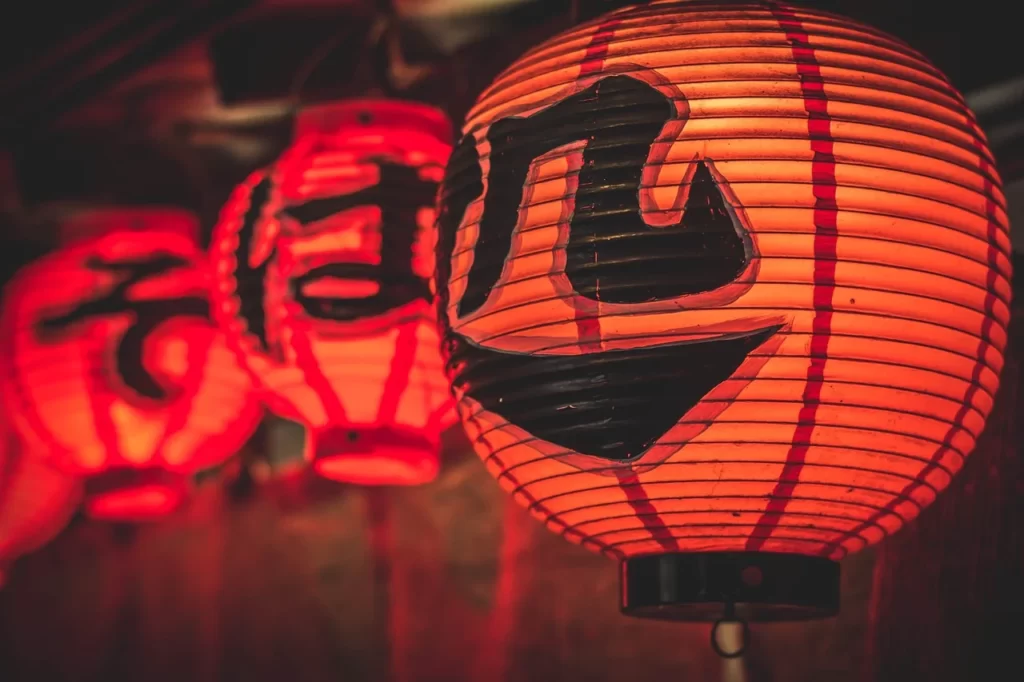Japanese language in Asia
The history of the Japanese language is an intriguing tale that mirrors the cultural and historical developments of Japan, an archipelago in East Asia. Japanese, as a member of the Japonic language family, is an isolated language with no known close relatives.
The origins of the Japanese language shroud in mystery. Scholars believe that it evolved from a blend of indigenous Jomon languages spoken by the inhabitants of Japan during prehistoric times and influences from neighboring languages, including Korean and Chinese.
Keep reading about, Japanese language in Asia
During the 8th century, under the reign of Emperor Kammu, Japan underwent a cultural and political reformation known as the Taika Reforms. As part of this transformation, Emperor Kammu further developed the Japanese writing system, giving rise to a more sophisticated script known as Kana (Hiragana and Katakana).
Throughout the centuries, the Japanese language has evolved, giving rise to various dialects and regional accents across the country. The Heian period (794-1185) saw significant literary achievements, including the writing of the famous novel “The Tale of Genji” in classical Japanese.
During the Kamakura period (1185-1333) and Muromachi period (1336-1573), Zen Buddhism and Confucianism from China further shaped the Japanese language, introducing new philosophical and cultural vocabulary.
Moreover, the Tokugawa Shogunate (1603-1868) brought a period of stability and isolation for Japan, as the country adopted a policy of sakoku.
Today, the Japanese language is spoken by over 130 million people in Japan and communities of Japanese expatriates around the world. It has gained recognition as one of the major languages in international diplomacy, trade, and popular culture.
In conclusion, the history of the Japanese language reflects Japan’s fascinating journey from its ancient roots to a modern, dynamic society. As a language that continues to evolve and adapt, the Japanese language remains a vibrant symbol of Japan’s rich cultural heritage and its global influence in various fields.
Read more about travel.
Read about tips for travel.
